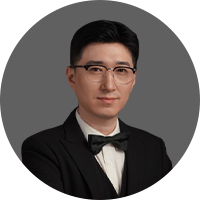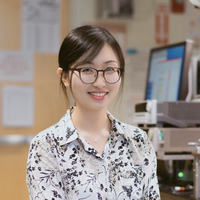Artificial intelligence & robotics
Connor Coley
Developed open-source software that uses artificial intelligence to help discover and synthesize new molecules.

Global
Pranav Rajpurkar
Developed a way for AI to teach itself to accurately interpret medical images.

China
Xiang Wang
Multimodal AI-for-Science large models, enabling the large models to reliably understand and generate chemical molecules.

China
Yating Wan
Novel silicon-based quantum dot optoelectronic technology that addresses the core light source problem.

Global
Sasha Luccioni
Developed a better way for tech companies to estimate and measure the carbon footprint of AI language models.
